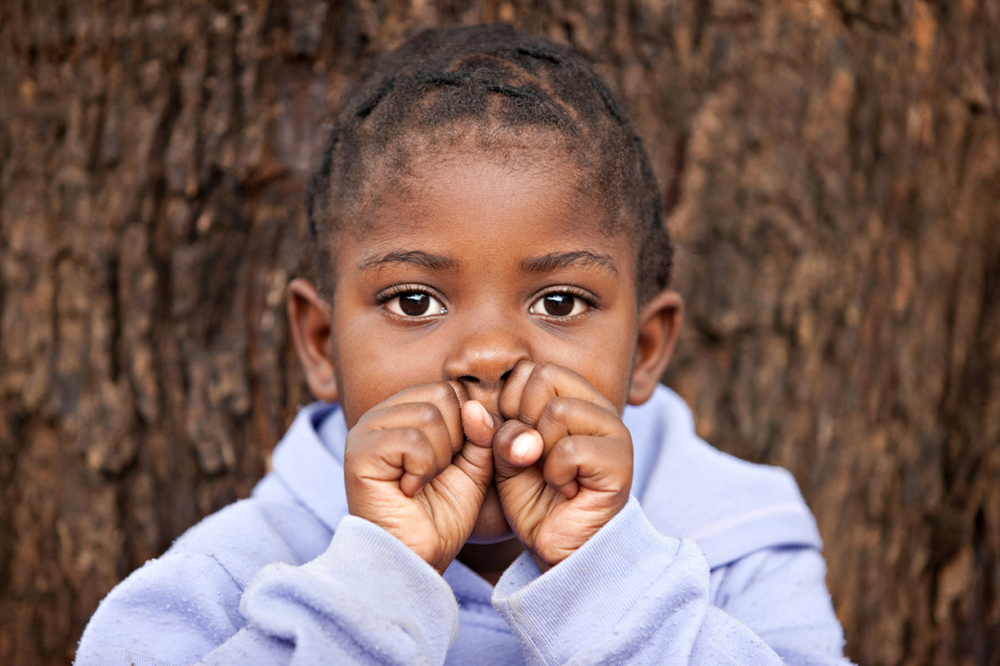
It's time for the end of the school year celebration, teacher thank-you's and summer plans. For teachers and parents, this is a time of year that feels chaotic: thinking ahead to next year, trying to be sure that everyone who supported or cared for the children this year is appropriately acknowledged, making sure everything you wanted to accomplish gets done in the few last weeks of the year.
But for the children, especially children in the First Plane of development with its strong need for structure and order, all this excitement feels more like a disruption than a celebration. While you're getting ready for what's coming next, be sure not to overlook what the children need now.
Give your child notice about the upcoming changes, but not too much. Children in early childhood need about a week's notice before any visible changes in their environment. That is to say, think about a week out from when the child's schedule might change or something in their environment might be new or missing, and let them know the change is coming. Telling children about changes (even good ones!) sooner than their ability to conceptualize those changes causes undue stress.
Give the details they need, knowing that they might not need as many as you do. Explain how whatever is changing will change. "Next week, we will have a big celebration party to say goodbye to this classroom and get ready for summer." "Next Monday, you'll begin swim lessons. After lunch each day, we'll go to the pool together. We'll do that every day for one week."
Offer supports that are at their level: Ask your child what questions they have about the upcoming change. Listen carefully and take their concerns seriously, and remember that they may need time to think about what's changing before they can articulate their questions. Check in as you approach the transition to see what sense they're making.
Engage them: If there are things to do to prepare for the end of the school year, be sure to let the children take the lead. So, for example, if your child is giving a thank-you gift to their teacher, let them help to choose the gift, talking them through what they know about the recipient and what they think would be of value to them. As an adult, you might give a different gift, but the ones that come from your child should come from your child. If there is packing up to do, let them be involved whenever it's happening. You wouldn't want to return to a space that you knew well to learn that someone else had packed up your things while you were gone. The children don't, either.
Be honest about what's coming next: If a teacher is changing positions or if you are going to a new school, be honest, but again, don't offer more details than your child needs sooner than they need them. " Next Friday will be your last day at Willow School. Last days places can feel a little different. What questions do you have about your last day at school?" Answer their questions, but offer the information that's useful to them rather than complicated lists of facts that might be more than they can take in.
Finally, remember, as in all parenting, to offer the truth, in a way they can hear, with the kindness they need to feel safe. Your child may demonstrate all sorts of emotions as they prepare for a big change at school, from fear to excitement, and some of those emotions might end up presenting like they're very different things. A child who's scare might act more energetic or silly. A child who's sad might act more hesitant or assertive. Acknowledge the emotions that you notice, and ask your child to talk about them in a loving way. You're modeling for your child the full range of experience that comes with saying goodbye, both the enthusiasm for what's coming next and the sadness for what you're leaving behind. Let them have the time to make sense of those emotions, and share them compassionately, assuring your child that, even when things change, your love for them remains constant.
#Transitions #FirstPlane #Primary #ForParents
